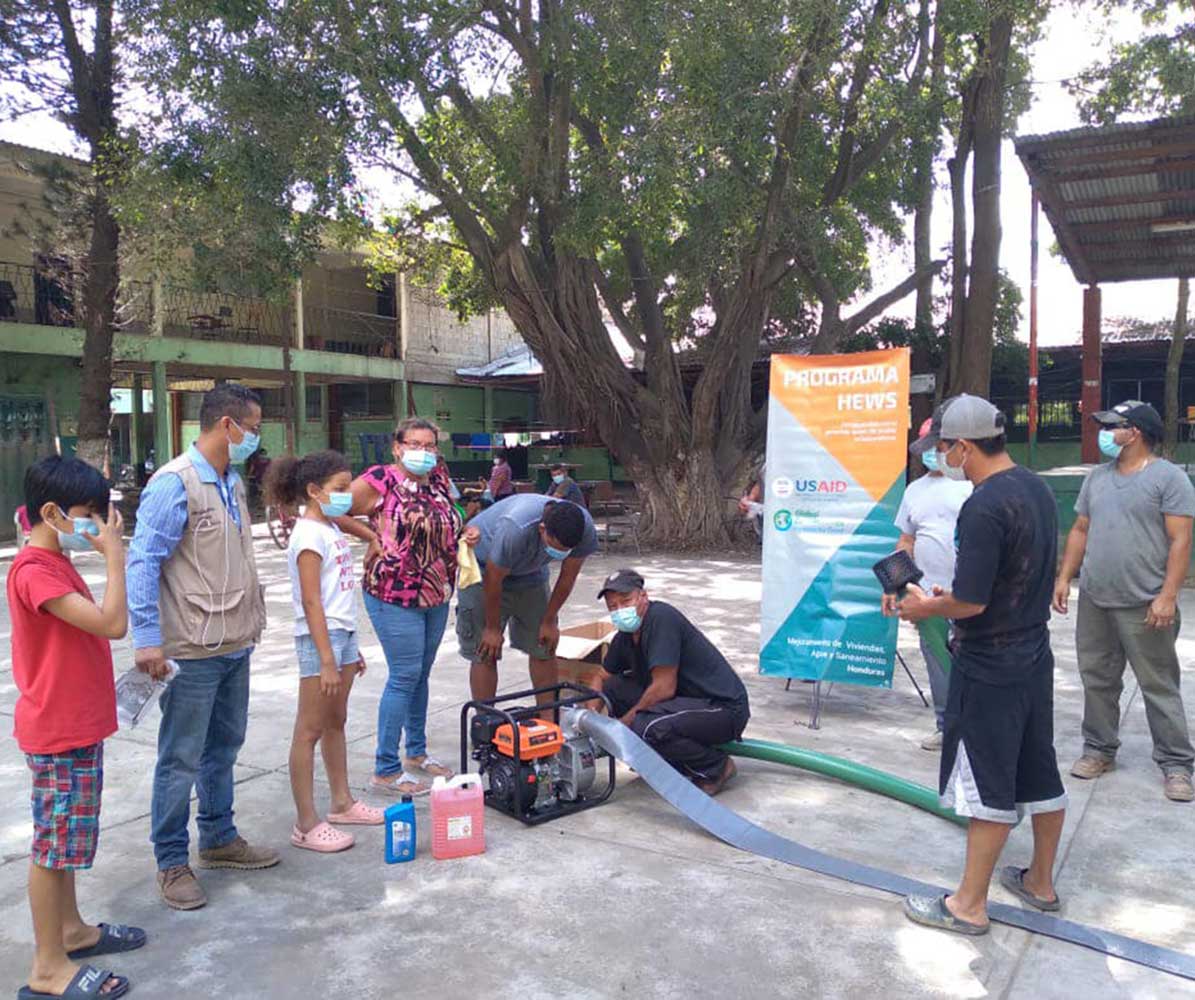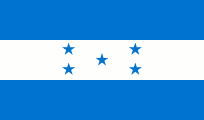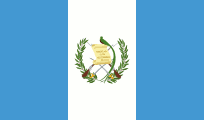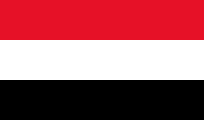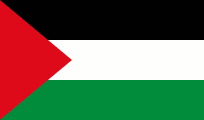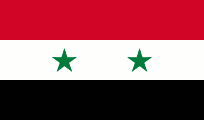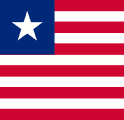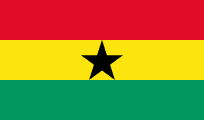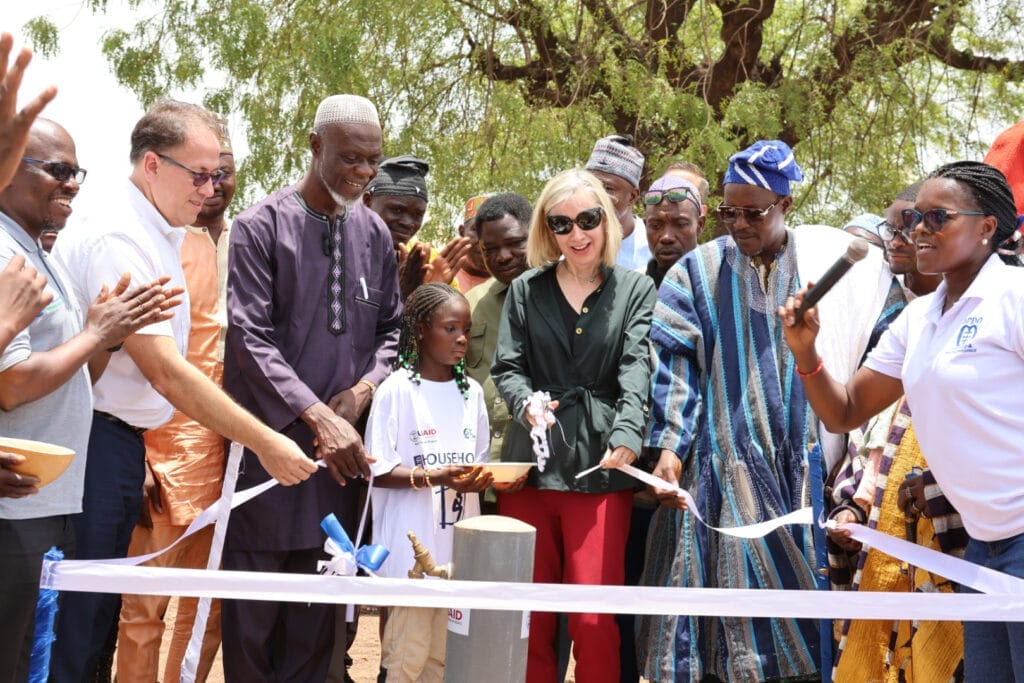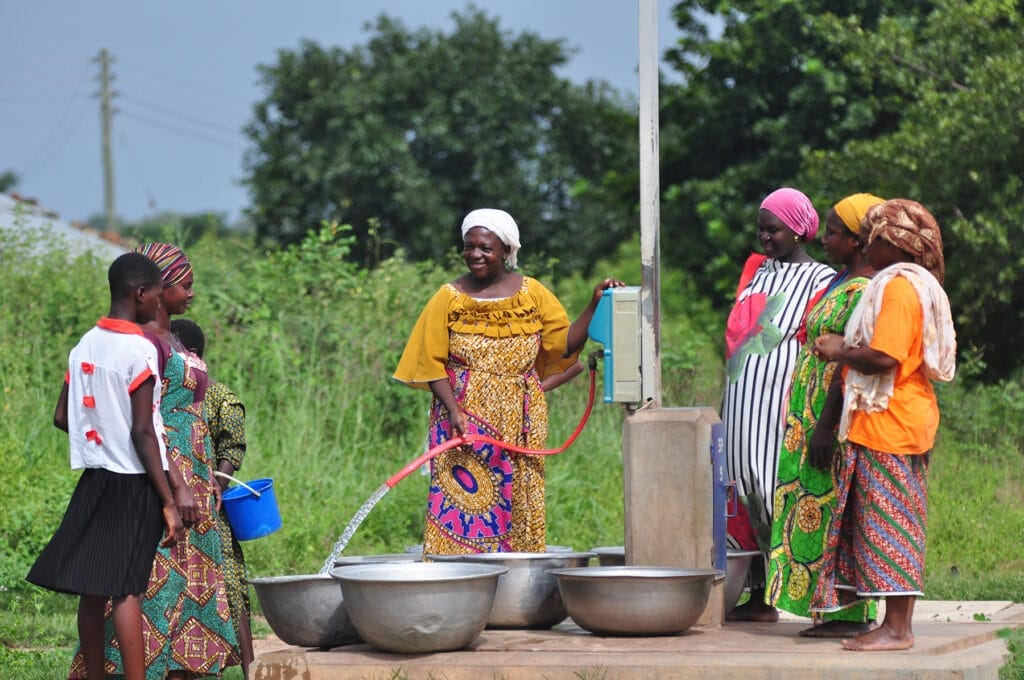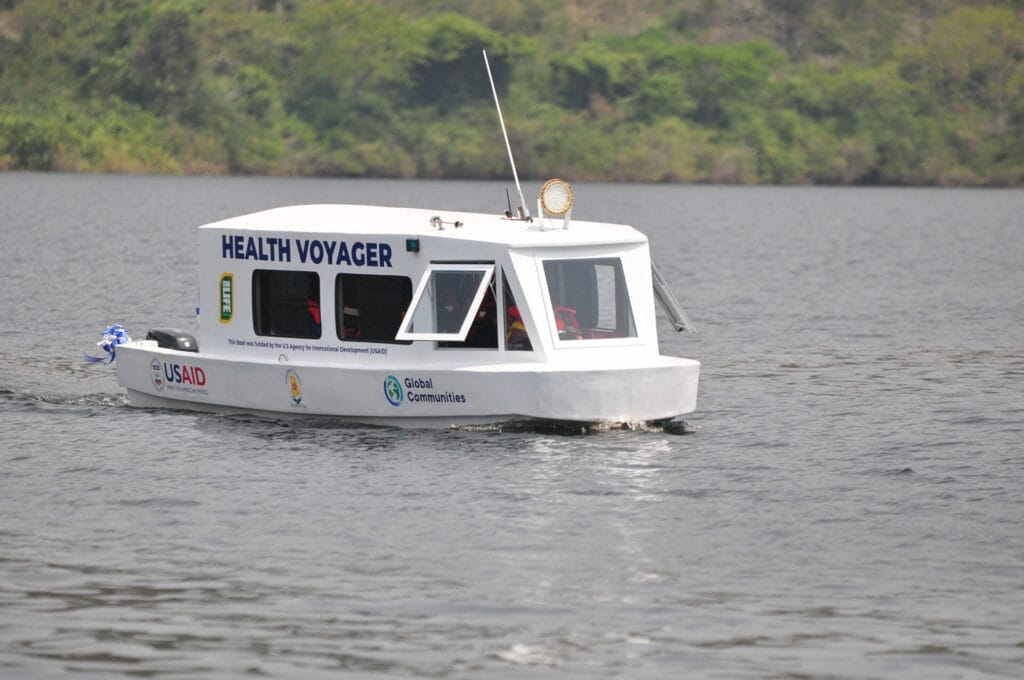Ensuring access to clean water and adequate sanitation during emergencies is a core component of Global Communities’ humanitarian response programming. In developing countries where clean water may already be scarce, conflicts, natural disasters and effects of climate change can devastate water and sanitation infrastructure and reduce people’s abilities to access this key resource. Contaminated water and poor-quality sanitation services can increase the prevalence of diseases and deteriorate hygiene and productivity.
Global Communities’ emergency WASH programs are designed to address the specific needs of the most vulnerable crisis-affected populations who cannot afford, or physically do not have access to, water or basic hygiene items. We support particularly vulnerable individuals, such as elderly people, those with disabilities, pregnant women and new mothers with customized interventions and resources.
Global Communities also rehabilitates or repairs water supply and sanitation systems, and trains beneficiaries in their use, maintenance and oversight. We deliver important WASH information — such as proper hand-washing methods — through simple, context-appropriate, picture-based hygiene promotion messaging.
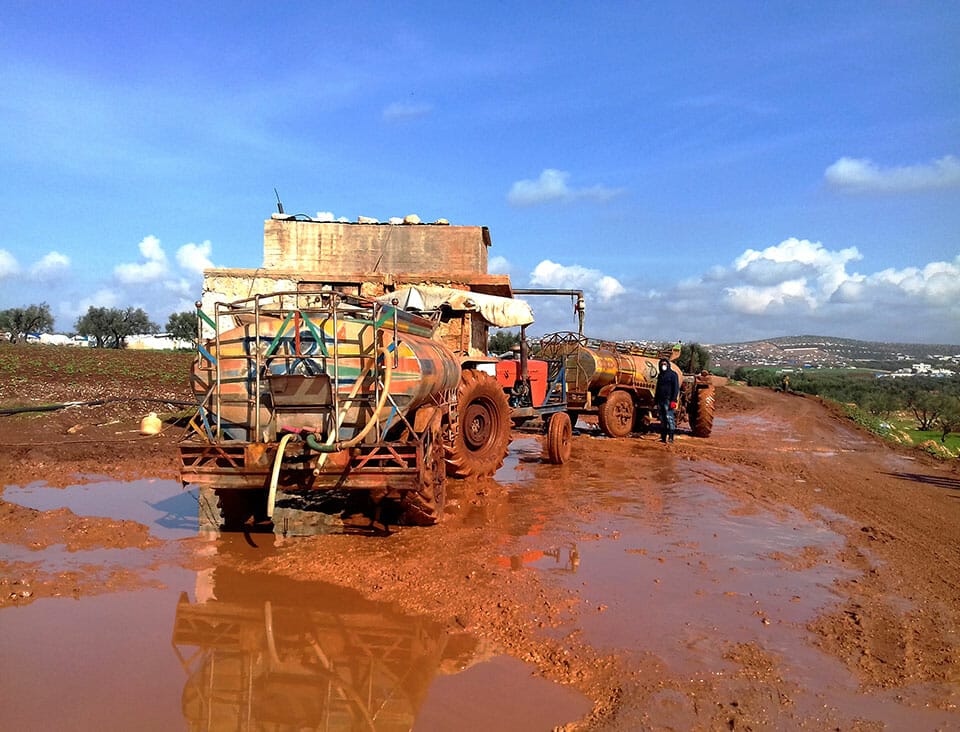
Syria
Global Communities has been implementing WASH programming in Syria since 2016, with support from the U.S. Agency for International Development (USAID) and the United Nations Office for the Coordination of Humanitarian Affairs. Our work has focused on the provision of basic WASH services to a large cluster of camps sheltering internally displaced households in northwest Syria, reaching 153,000 individuals with water system maintenance, sanitation services and water trucking. Every day, we provide 3.6 million liters of potable water to camp residents via trucking and through water networks, which is the equivalent to 25 liters of potable water per person per day.
Gender and protection are mainstreamed as part of WASH essential services (water trucking, water piping, latrine cleaning, general sanitation services), and projects have included a latrine lighting initiative and the installation of latrine doors with locks in the camps to improve the safety of women and girls. Our programs have also improved hygiene practices in the camps through the distribution of 43,639 hygiene kits and 500 community waste bins. Electronic vouchers have enabled nearly 14,000 families to purchase critically-needed hygiene goods.
As part of our commitment to implementing sustainable, longer-term WASH solutions, our programs consistently include rehabilitation activities, which target water and sanitation assets. Within the camps, we have constructed a sewage system, benefiting approximately 50,000 camp residents, and have further provided 275 private latrines. Outside of camps, we have rehabilitated five water supply systems, five water stations and 12 sanitation networks, benefiting and strengthening 59 conflict-affected communities.
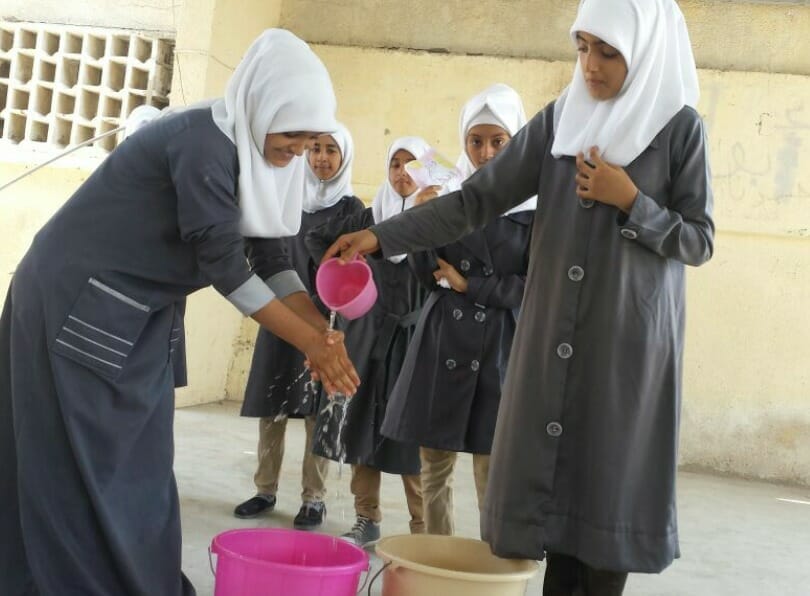
Yemen
Global Communities has been responding to the crisis in Yemen with WASH services and programming since 2009 with USAID funding. Our programs have been implemented in small rural communities and have provided assistance to 317,408 people in need. Our programs have rehabilitated public water supply infrastructure, including 29 rural community water points; sanitation facilities in five schools, benefiting 5,729 students; four water points and two water reservoirs. We install solar-powered water pumps to reduce dependency on costly fuel.
To support health and hygiene outcomes, our teams have trained 461 hygiene promoters to provide WASH messaging to 14,100 individuals. We also distributed hygiene kits to 18,878 households, and provided hygiene awareness messaging to kit recipients, reaching 142,599 people. We have also trained 181 water committee members, who are entrusted to ensure that the newly rehabilitated WASH assets are effectively operated and managed. Responsibilities include regular maintenance, chlorination, implementing the established cost recovery system and water governance.
To address the risk of cholera, which is a direct result of the impact of war on WASH infrastructure, particularly water networks, our teams have distributed cholera prevention hygiene kits to 3,611 households. Our teams have also distributed hygiene kits to 4,520 households and 16 schools, reaching 9,600 students.

Honduras
Global Communities has an extensive history of programming in Honduras, including innovative work to increase water supply through rainwater harvesting for agricultural purposes. In 2020, we began incorporating emergency WASH interventions funded by USAID's Bureau for Humanitarian Assistance, first in response to COVID-19 and then also in response to Hurricanes Eta and Iota. To reduce the risk of coronavirus infections, Global Communities supported municipal Emergency Response Teams and Community Health Volunteers to promote critical moments and techniques for handwashing and to distribute handwashing and disinfection kits to households with family members at high risk of life-threatening infections.
Emergency WASH interventions in response to Hurricanes Eta and Iota emphasize the environmental health of communities through solid waste collection and disposal, rehabilitation of stormwater channels to promote better drainage and reduce the risk of flooding, and training of community members on vector control to prevent or reduce the risk of waterborne diseases. Global Communities is also repairing elements of damaged water systems, including storage tanks, chlorine dosing pumps and pipelines. Latrine installation activities are complemented by hygiene promotion.
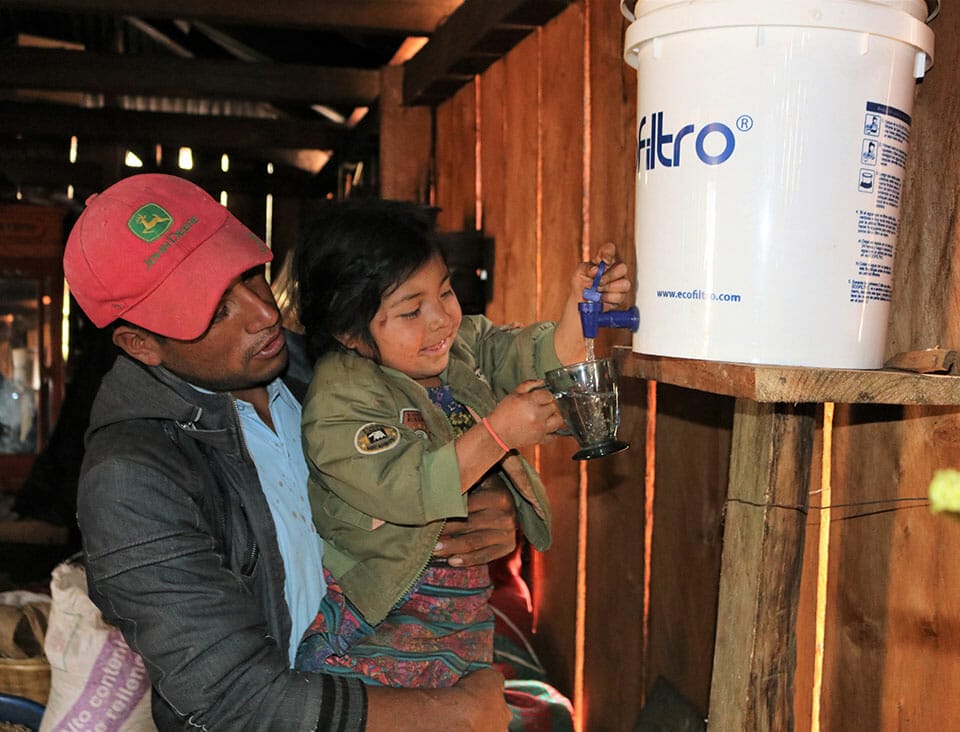
Guatemala
As part of a larger portfolio of projects in Guatemala, Global Communities is implementing emergency WASH interventions in the department of Huehuetenango funded by USAID's Bureau for Humanitarian Assistance to respond to COVID-19 and to the impacts of Hurricanes Eta and Iota. Emergency WASH activities include the rehabilitation of community water systems, construction of latrines and installation of handwashing stations. These interventions are complemented by training community members on the hygienic use and maintenance of latrines and Tipi Taps and social media messaging on the operation and maintenance of water systems.
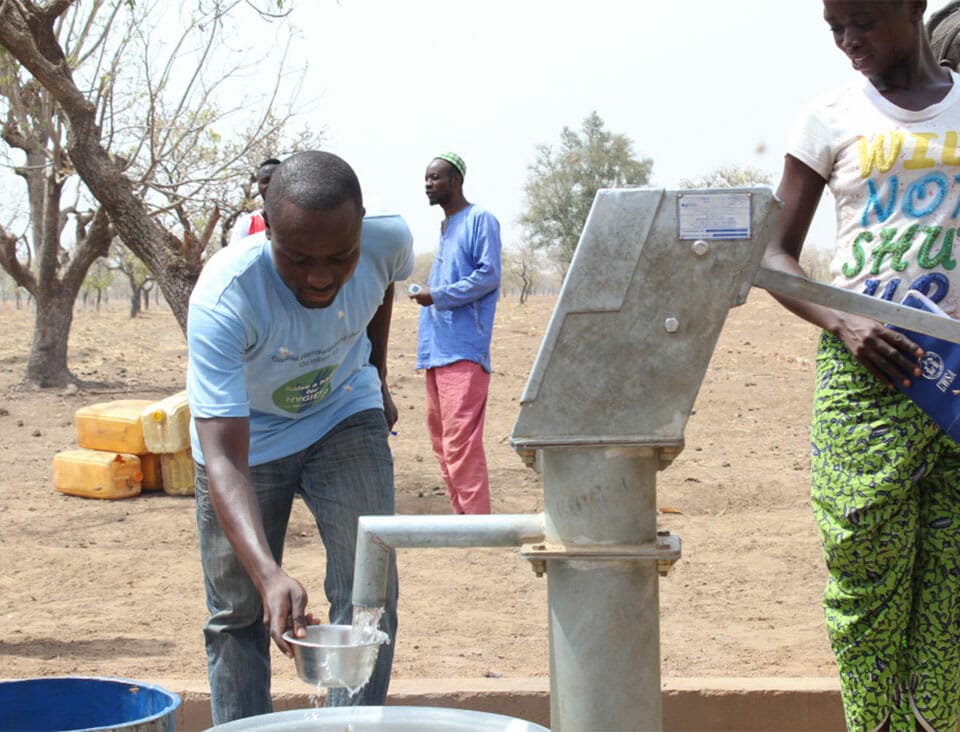
Ghana
Global Communities’ Water Access, Sanitation and Hygiene for the Urban Poor (WASH-UP) improved water supply and sanitation infrastructure while promoting good hygiene behaviors. From 2009 to 2016, the project constructed almost 15 kilometers of water pipelines into four urban communities, with 885 household water connections and two mechanized pipe water supply schemes. More than 40,000 people gained access to improved drinking water sources, 21,000 people gained access to improved sanitation, and more than 69,000 people accessed behavior change communication messages.
Liberia
Under our USAID-funded Assisting Liberians with Education to Reduce Transmission (ALERT) program from 2014 to 2016, Global Communities provided rapid outreach and education to communities at risk of exposure to the Ebola virus. Through this program, we trained 32,861 Community Health Workers, 25% of whom were female, installed hand-washing stations in 1,926 households, installed 1,870 latrines in rural Community-Led Total Sanitation communities, conducted 2,688 safe burials, provided sanitation services to 45,366 people, and raised awareness of proper sanitation practices for 71,212 program participants. In total, we supported 271,000 program participants, while over 4 million people indirectly benefited from our work.
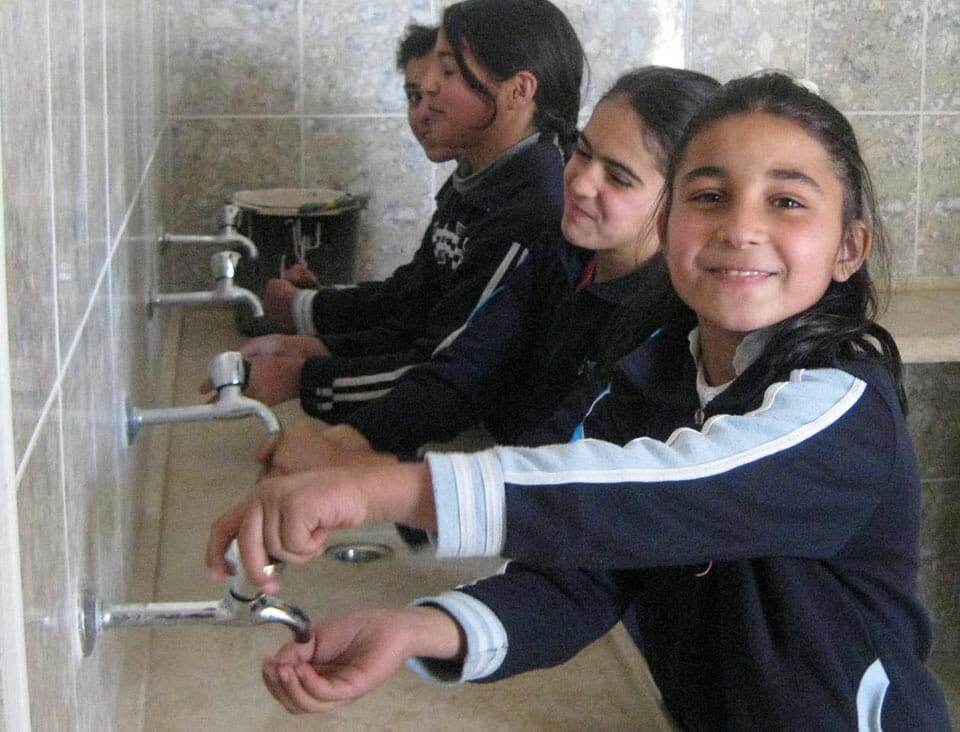
West Bank and Gaza
In October 2021, Global Communities began implementing the Gaza Household WASH project. Previous work includes the Local Government and Infrastructure (LGI) program (2010-2017), which improved the quality of life for Palestinians throughout the West Bank and Gaza for both long-term development and emergency response. Water-related infrastructure under LGI included construction of a ground water tank connected to the main water supply line and water network to ensure continued access for nearly 3,000 individuals. It also incorporated a storm water harvesting system on the roof of a community center, collected in an existing well, with excess water piped to agricultural land. Our outreach also included hygiene behavior change mechanisms.
South Sudan
From 2015 to 2018, the USAID-funded Promoting Resiliency through Ongoing Participatory Engagement and Learning (PROPEL) program strengthened the social cohesion of 13 targeted communities along with capacity to direct development to improve their lives. PROPEL worked with residents to complete 37 WASH and small infrastructure projects, and improved hygiene behaviors which benefited 48,102 people. To support project sustainability, 1,000 people were trained as water-use committee members, volunteer hand-pump mechanics, sanitation and hygiene promoters and parent-teacher association members.
Our Approach
Global Communities takes a comprehensive approach to emergency Water, Sanitation and Hygiene (WASH) by coupling infrastructure rehabilitation, community engagement and behavior change communications to improve sanitation and hygiene.
As part of our humanitarian approach, Global Communities links WASH activities with other humanitarian efforts. For example, we incorporate hygiene information for children in schools into our Child Protection programming. Our WASH programming adheres to internationally recognized standards and best practices, ensuring that services are provided in line with the Do No Harm framework, Sphere standards and humanitarian principles, while ensuring that services are of the highest quality.
Our WASH interventions are designed in consideration of the local context, and we combine emergency and sustainable development WASH interventions as relevant. For example, to promote sustainability of water supply activities, we train community-based water management committees to plan for the operations and maintenance of pumps and wells. Global Communities employs internationally recognized and locally adapted methodologies such as Community-Led Total Sanitation to create demand for WASH goods and services. Leveraging local knowledge and interest developed during the demand creation process, we work to support WASH product supply in communities around the world.
387,457
people received information about hand-washing practices, safe water storage and how to prevent the spread of communicable diseases
233,570
hygiene kits distributed
75,000
people benefited from repaired or rehabilitated water infrastructure and sanitation facilities
1.7 million
liters of chlorinated water delivered
Our work in this area reaches
Resources
Briefs & Case Studies
‘Survival, Resilience and Solidarity’: Our Relief Efforts in Gaza (Arabic Translation)
Now over four months in, the humanitarian crisis in Gaza has reached catastrophic levels, with one in four households facing famine levels of food insecurity and severely limited access to safe water. “Our mornings begin with a silent check – are the kids, is everyone, alright?” said Mohammad, one of 74 staff members from Global…
Research & Publications
Global Communities Safeguarding Policy
Safeguarding is an organization-wide responsibility to ensure that our people, programs, and practices respect the rights and dignity of the people with whom Global Communities comes in contact so that they can live free from abuse and harm. Safeguarding includes preventing sexual exploitation, abuse, and harassment (PSEAH), safeguarding children, anti-trafficking, sexual harassment in the workplace,…
Capacity Materials
Community-Led Emergency Action and Response: CLEAR Program
CLEAR is an 18-month, $15 million program implemented by Global Communities and funded by the United States Agency for International Development’s Bureau for Humanitarian Assistance (USAID/BHA). CLEAR is addressing the urgent protection, shelter & settlements (S&S), and water, sanitation and hygiene (WASH) needs for 22,580 people who have been affected by the war in Ukraine.…
Briefs & Case Studies
Resilience, Rebuilding and Humanitarian Assistance: Lebanon Focus
Global Communities has implemented community-driven humanitarian assistance programs for decades, responding to the needs of millions of families in countries around the globe. From natural disasters, to armed conflict, to social and economic upheaval, we are there to meet the humanitarian needs of vulnerable people affected by crisis. We work in partnership with a range…

